The One Day In the Year is an Australian drama about the annual commemoration of the Gallipoli campaign in 1915. It was written in 1958 but it could have been dashed off last week. What makes it thrillingly topical is that the personality of Churchill and the truth about Britain’s colonial past are central to the story.
The main character, Alf, is a veteran of the second world war who works as a lift operator. He detests the new Australia and he calls the younger generation a ‘stink lot of imitation Yanks’. For him, Churchill is the greatest Englishman in history. But his rebellious son, Hughie, describes Britain’s wartime prime minister as ‘a big bloated bloodsucker’. Though he once respected his father’s military service, Hughie now resents Anzac Day and the ritual booze-up afterwards. ‘Dad looks such a smart alec walking along like he won the war single-handed.’ He plans to publish an attack on Australian patriotism in a student newspaper but when his mother discovers this scheme she threatens to evict him.
Everything is set up for a battle royal between father and son. Both believe they’re right. Hughie claims that Gallipoli was a plot by the British to send Australians to their deaths. His dad, uneducated but intelligent, points out that celebrating a defeat is the mark of a country with a noble and elevated character. As he puts it, ‘A man’s not so bad when he’ll stand up in the street and remember when he was licked.’ Other tensions simmer in the background. Hughie’s wealthy girlfriend is attracted by the family’s lack of pretention. ‘I’m sick of stuck-up young men talking about their Jags.’ But Hughie suspects that she finds his humble origins erotically stimulating. ‘Don’t tell me class doesn’t exist in this country. It’s one of our myths.’
This fabulous script has all the simplicity, naturalism and truth of a Chekhov classic. Its elements are brilliantly designed and yet they appear not to be designed at all. The action unfolds with a relaxed, easy fluency, and the characters operate in a dynamic equilibrium, like pieces on a chessboard, each with weapons to deploy and frailties to protect. How strange that it receives so few revivals. Perhaps we have a secret bias telling us that ‘greatness’ and ‘Australian literature’ are mutually exclusive categories. It’s much easier to imagine that the tormented and exotic Russians are capable of sublimity in the field of drama.
This production, starring Mark Little as the irascible Alf, was filmed on Zoom and directed by Wayne Harrison. If it reaches a stage near you, rush to see it. It’s a wonder.
Continuity is a monologue spoken by a Catholic terrorist who refuses to accept the peace process. The speaker doesn’t explain his political cause, he just expects us to support his daft plan to shoot and bomb his way to a united Ireland. There’s very little social context here. The bloodthirsty fanatic spends his days in the boozer with his mates, Eamonn and Joe, complaining about ‘the unfinished revolution’. Does any of them have a job? They appear to be responsible for policing criminality in Derry. Early on they kidnap a young miscreant, ‘a wee cub’, and beat him unconscious for selling drugs and stealing cars. The lad is 15. ‘He’ll not have much of a life now,’ shrugs Eamonn.
This revolting assault on a defenceless teenager sets up a huge barrier between the audience and the material. Why should we care, still less sympathise, with these deluded thugs? It transpires that all three have family links with the armed struggle and they’re haunted by the deeds of their fathers. One was shot by the Brits which makes him a hero. Another was an IRA executioner who delivered the ritual punishment, ‘a bullet in the back of the head’, to informers. Of course, he’s a hero too.
The script by Gerry Moynihan creates the impression that republican extremism has morphed into a rare disease that runs in families. To justify their beliefs the terrorists reject democracy and rewrite history. For them, the Good Friday Agreement was a disaster which annuls the ‘blood sacrifices’ of the IRA. They see betrayal and malice everywhere. When the Easter Rising is commemorated in 2016, they denounce the centenary as an affirmation of partition. But the 1916 rebellion was an attempt to free the whole of Ireland. Partition arrived later in 1922. Conflating the two is lazy and opportunistic but these are the kind of men who could start a fight with a falling leaf.
The show looks like an attempt to portray terrorists in a sympathetic light but it does the opposite. It comes across as a well-informed and carefully targeted attack on the kind of hoodlums who want civil war to last for ever because that’s how they get their kicks.
Got something to add? Join the discussion and comment below.
Get 10 issues for just $10
Subscribe to The Spectator Australia today for the next 10 magazine issues, plus full online access, for just $10.
You might disagree with half of it, but you’ll enjoy reading all of it. Try your first month for free, then just $2 a week for the remainder of your first year.

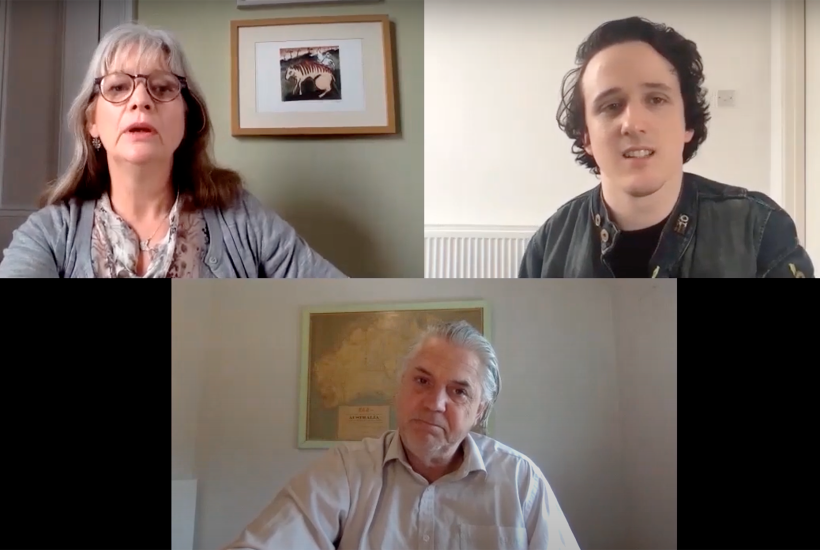
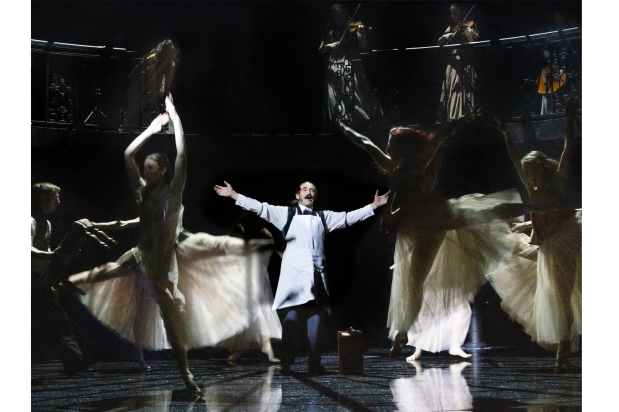
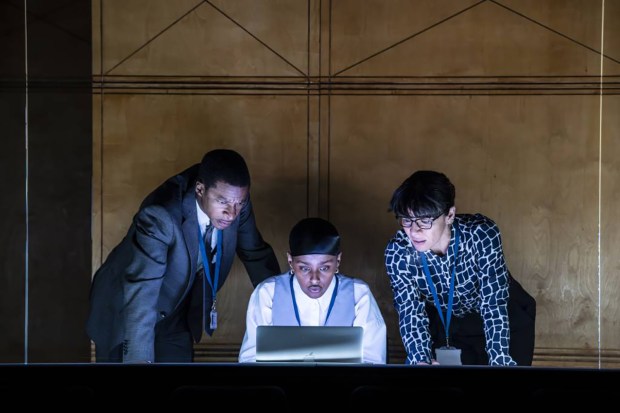
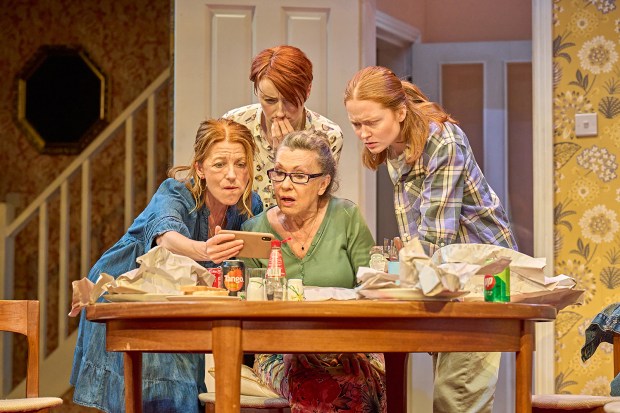

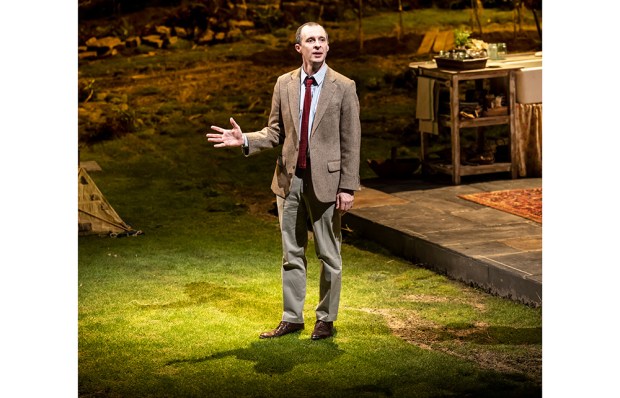
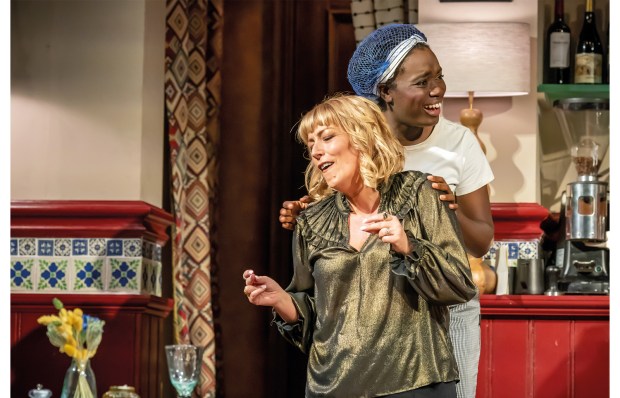






Comments
Don't miss out
Join the conversation with other Spectator Australia readers. Subscribe to leave a comment.
SUBSCRIBEAlready a subscriber? Log in